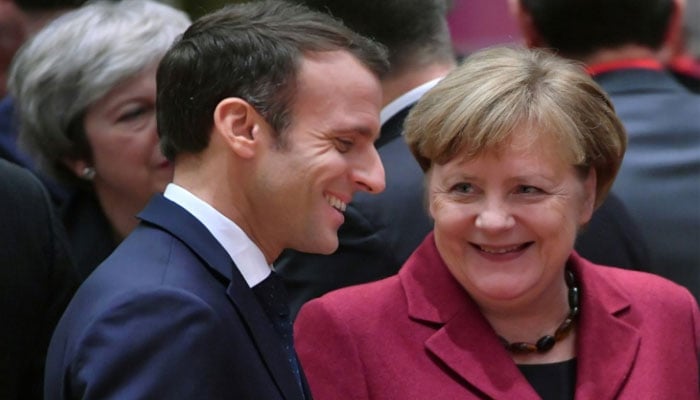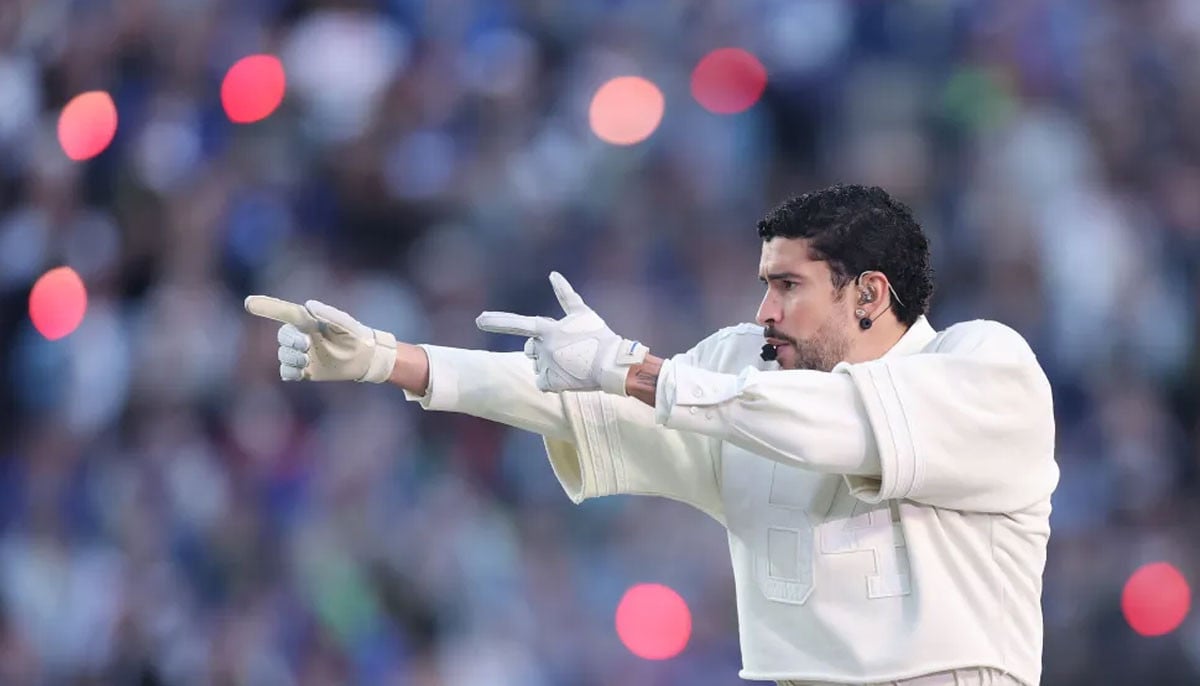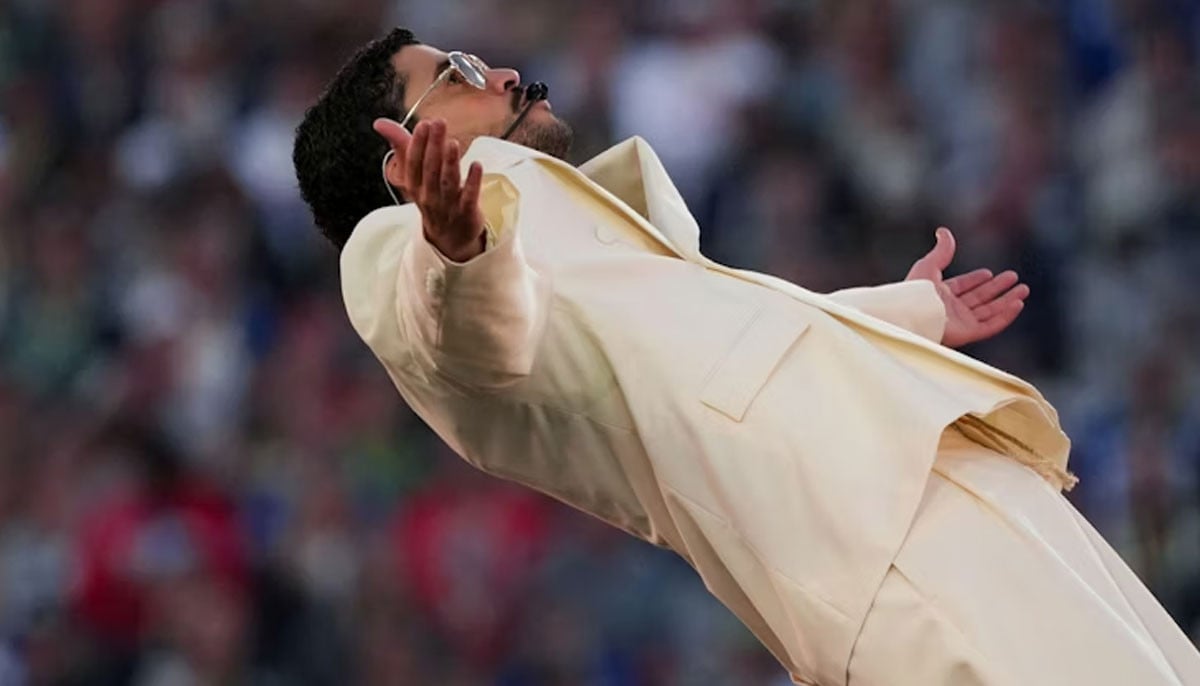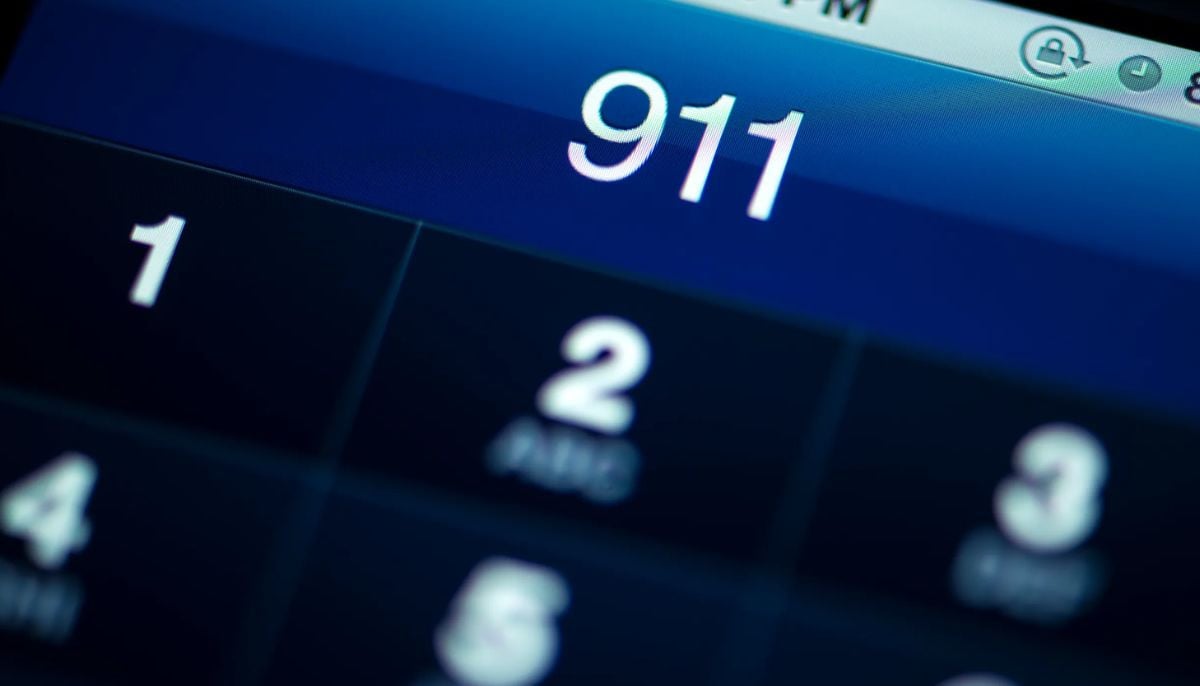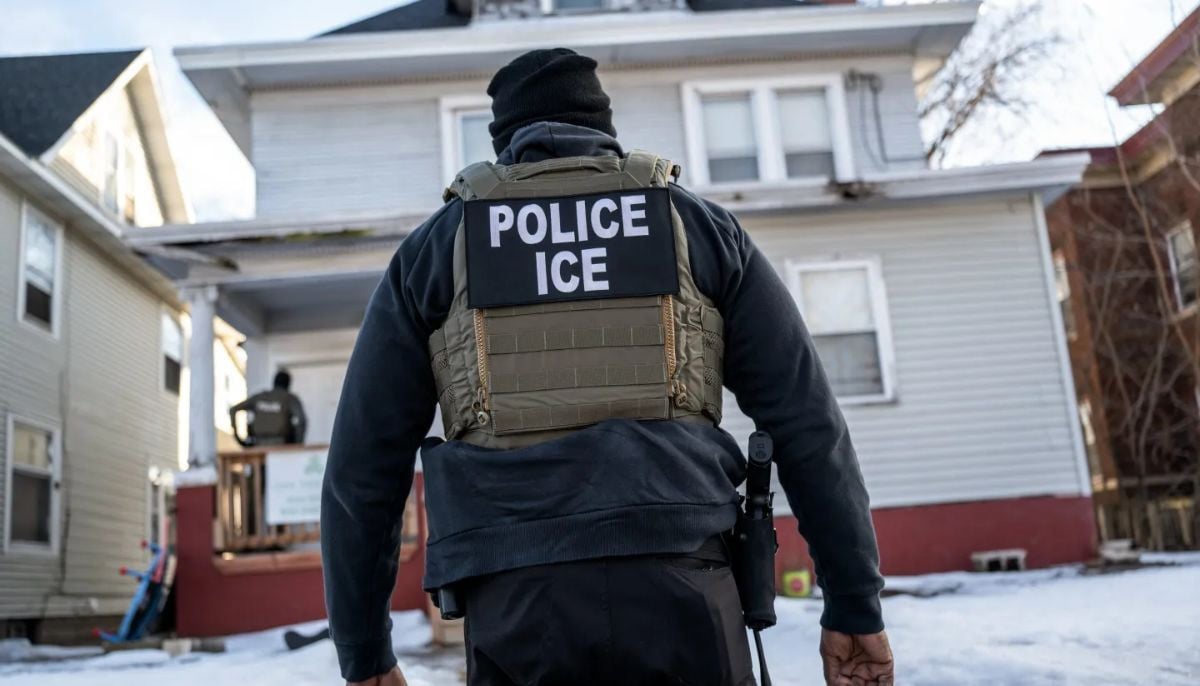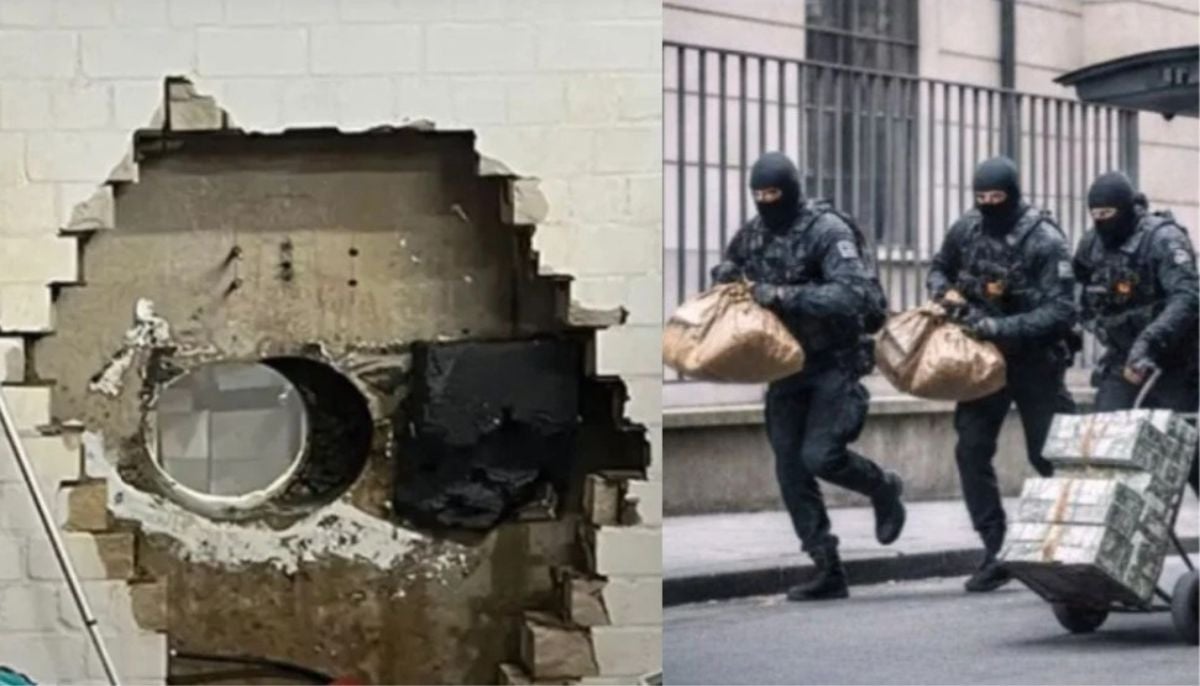France, Germany seek closer bond to tackle EU crisis
French President Emmanuel Macron and German Chancellor Angela Merkel are to sign the accord to deepen ties at a time when Britain is preparing to leave the European Union and tensions are rising with populist leaders in the bloc. French President Emmanuel Macron and German Chancellor Angela Merkel are to sign the accord to deepen ties at a time when Britain is preparing to leave the European Union and tensions are rising with populist leaders in the bloc.
AACHEN, Germany: France and Germany will on Tuesday sign a new friendship treaty to deepen their alliance at a time of crisis for the EU, drawing fire from the far right and a flurry of alarmist fake news reports.
French President Emmanuel Macron and German Chancellor Angela Merkel are to sign the accord to deepen ties at a time when Britain is preparing to leave the European Union and tensions are rising with populist leaders in the bloc.
The treaty pledges stronger economic and defence ties and restates the countries´ commitment to the European Union.
It has been attacked by the far right, which accuses the pair of signing away their countries´ sovereignty.
The leader of France´s National Rally, Marine Le Pen, accused Macron of "an act that borders on treason".
One of the leaders of German´s far-right AfD party, Alexander Gauland, said Paris and Berlin were seeking to create a "super EU" within the European Union.
"We as populists insist that one first takes care of one´s own country. But we don´t want Macron to renovate his country with German money."
The French presidency defended the bid to build up the "bedrock" of the EU as being "in the service of reinforcing the European project".
The two leaders are to sign the treaty in the German city of Aachen, on the Dutch and Belgian borders -- a place rich in European symbolism as the seat of power of Charlemagne, the 9th-century emperor who ruled over swathes of western Europe.
The ceremony comes on the anniversary of a similar treaty in 1963, signed by Charles de Gaulle and Konrad Adenauer.
The new treaty aims to strengthen the so-called the "Franco-German motor" that has been seen as the driving force behind European integration.
"We´re seeing an existential crisis in terms of European integration, with Brexit and the expected strengthening of nationalists at the next European elections" in May, said Claire Demesmay, a political scientist at German research institute DGAP.
"In this context, confirming this belief in Franco-German cooperation has symbolic value," she told German public radio.
Macron took office in May 2017 promising major reforms of the EU to restore faith in its institutions and quell rising populism.
But his ideas met with only lukewarm support from Merkel and other EU leaders, and Paris and Berlin have also differed on other issues including how to tax big internet firms.
The French leader´s hand has also been weakened by more than two months of domestic "yellow vest" protests.
Far-right complaints
The treaty commits France and Germany to closer military ties, including possible joint deployments -- in the event of a terror attack, for example.
The two countries could also cooperate more closely on procurement, such as the purchase or development of new tanks or fighter jets.
And it includes a "mutual defence clause" in the event of one of them being attacked, although they are already committed to this as members of NATO.
Macron sparked a row with US President Donald Trump late last year by urging Europe to reduce its military dependence on the United States, even calling for a "real European army".
Macron´s critics on both the far left and far right slammed the latest accord as an erosion of French sovereignty.
A wave of false rumours have spread online that Macron is going to Germany to sign away parts of French territory to Merkel and that France will agree to share its permanent seat on the United Nations Security Council with its neighbour.
Weakened leaders
Some other European leaders have also bristled at the idea of an all-dominating "Franco-German motor".
Italy´s far-right Interior Minister Matteo Salvini has said ahead of the European parliament elections in May that he wants to challenge Merkel and Macron´s pro-European message with a eurosceptic "Italian-Polish axis".
Amid the headwinds, German magazine Spiegel Online noted that while the treaty "is full of good intentions, it lags far behind what is necessary".
"After all the crises and upheavals of recent years, Merkel and Macron have failed to rekindle the fire of European enthusiasm."
Business weekly Handelsblatt also called the contents of the treaty "timid and fainthearted."
Both the French and German leaders have seen easier times, with Germany already looking to a post-Merkel future after she announced she would step down as chancellor in 2021.
In France meanwhile, the "yellow vests" have forced Macron to loosen the state´s purse strings, throwing his deficit reduction drive off target.
Both leaders will speak at the signing ceremony at Aachen´s historic city hall before taking part in a "citizen debate" with French and German students.
-
Poll reveals majority of Americans' views on Bad Bunny
-
Man convicted after DNA links him to 20-year-old rape case
-
California cop accused of using bogus 911 calls to reach ex-partner
-
'Elderly' nanny arrested by ICE outside employer's home, freed after judge's order
-
key details from Germany's multimillion-euro heist revealed
-
Search for Savannah Guthrie’s abducted mom enters unthinkable phase
-
Barack Obama addresses UFO mystery: Aliens are ‘real’ but debunks Area 51 conspiracy theories
-
Rosie O’Donnell secretly returned to US to test safety
